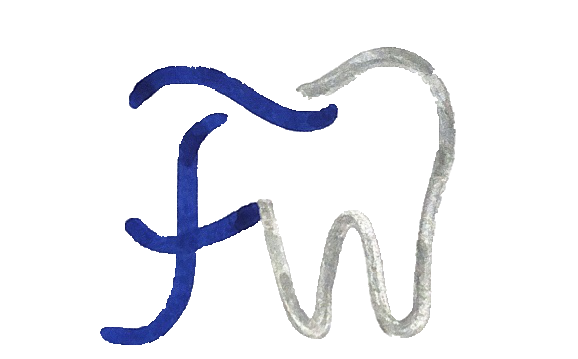Before Your Endodontic Surgery
Your endodontic surgical procedure has been scheduled. The surgery will be performed using local anesthesia. Most patients can drive home and return to work the following day. Post-operative complications are rare but swelling and/or bruising may occur. Discomfort
after the procedure is minimal and readily controlled with medications. Detailed written instructions will be given regarding post-operative care, and a doctor is available for consultation always should a problem arise.
- You may continue to take all medications for blood pressure, diabetes, thyroid
problems, and any other conditions, as recommended by your physician. If there are
any questions, please call our office prior to your surgery. - If you are on daily aspirin or blood-thinning medication, please inform us so that we
may consult with your physician about changing the regimen before surgery. - Please do not take aspirin aspirin-containing medications for 10 days prior to your
appointment. - If you have been advised by your physician or dentist to use antibiotic premedication because of mitral valve prolapse (MVP), heart murmur, hip, knee, cardiac, or other prosthesis, or if you have rheumatic heart disease, please make sure you are on the appropriate antibiotic on the day of your surgical appointment.
Periogard Oral Rinses - Chlorhexidine Gluconate 0.12%
Periogard Oral Rinse will reduce the number of bacteria in the mouth prior to your surgical procedure. This will ensure optimal healing with the least amount of swelling, redness, and discomfort.
Periogard may cause some tooth discoloration in areas where plaque is more difficult to remove with normal brushing. It is important to see your general dentist for removal of any stain, should it occur.
Periogard may cause permanent discoloration of some front tooth fillings. If you have this type of filling, we recommend that you do not rinse your entire mouth with Periogard, but rather apply it locally with a cotton swab to the area to be treated.
To minimize discoloration, please brush and floss daily emphasizing areas, which begin to discolor.
Rare hypersensitive reactions have been reported. Periogard should not be used by people who have sensitivity to its
components.
Periogard may taste bitter to some patients and can affect how food and beverages taste. This will become less noticeable
in most cases with continued use of Periogard. After treatment with Periogard has ended, taste perception will be normal.
To avoid taste interference, rinse with Periogard after meals. Do not rinse with water immediately after rinsing with Periogard, as this will increase the bitter aftertaste.
DIRECTIONS:
1. Start the rinses (or applications) the day before the surgery and 1 hour before surgery.
2. Pour 2 capfuls of Periogard into an empty glass.
3. Rinse for 30 seconds, twice daily (after breakfast and before bedtime)
4. Expel remainder – DO NOT SWALLOW!! Do not eat or drink for one hour.
5. The rinses should be done two times a day. (once in the morning and once at night before going to bed) for 5 days.
If you have any questions, please contact the office
After Your Endodontic Surgery
1. Use an ice pack over the surgery area. Keep the ice pack on the area for 20 minutes, then off for 5 minutes, repeat
this for 6-10 hours.
2. Do not lift or pull on the lip the first day of surgery as this may cause dislodging of sutures.
3. Some swelling and discoloration is normal and will disappear gradually. Do not be surprised if swelling occurs 24-
48 hours after surgery.
4. Slight bleeding during the first day is normal.
5. After the first day, gently brush your teeth and keep the mouth as clean as possible, as this will speed up the healing
process.
6. The suture material may begin to dissolve in 7-10 days. Let it come out on its own.
7. Do not smoke for at least 24 hours. Smoking can seriously delay the healing process.
8. Do all chewing on the opposite side of the mouth that had the surgery.
9. Do not eat anything hard or crunchy, such as apples, carrots, celery, French bread, chips, etc., for the 48 hours
after surgery.
10. Eat foods such as soup, eggs, milk, pasta, etc. that will be nourishing, but will not require vigorous chewing.
IF ANY UNUSUAL SYMPTOMS DEVELOP, PLEASE CONTACT THE OFFICE FOR ADVICE AND FURTHER INSTRUCTIONS.
